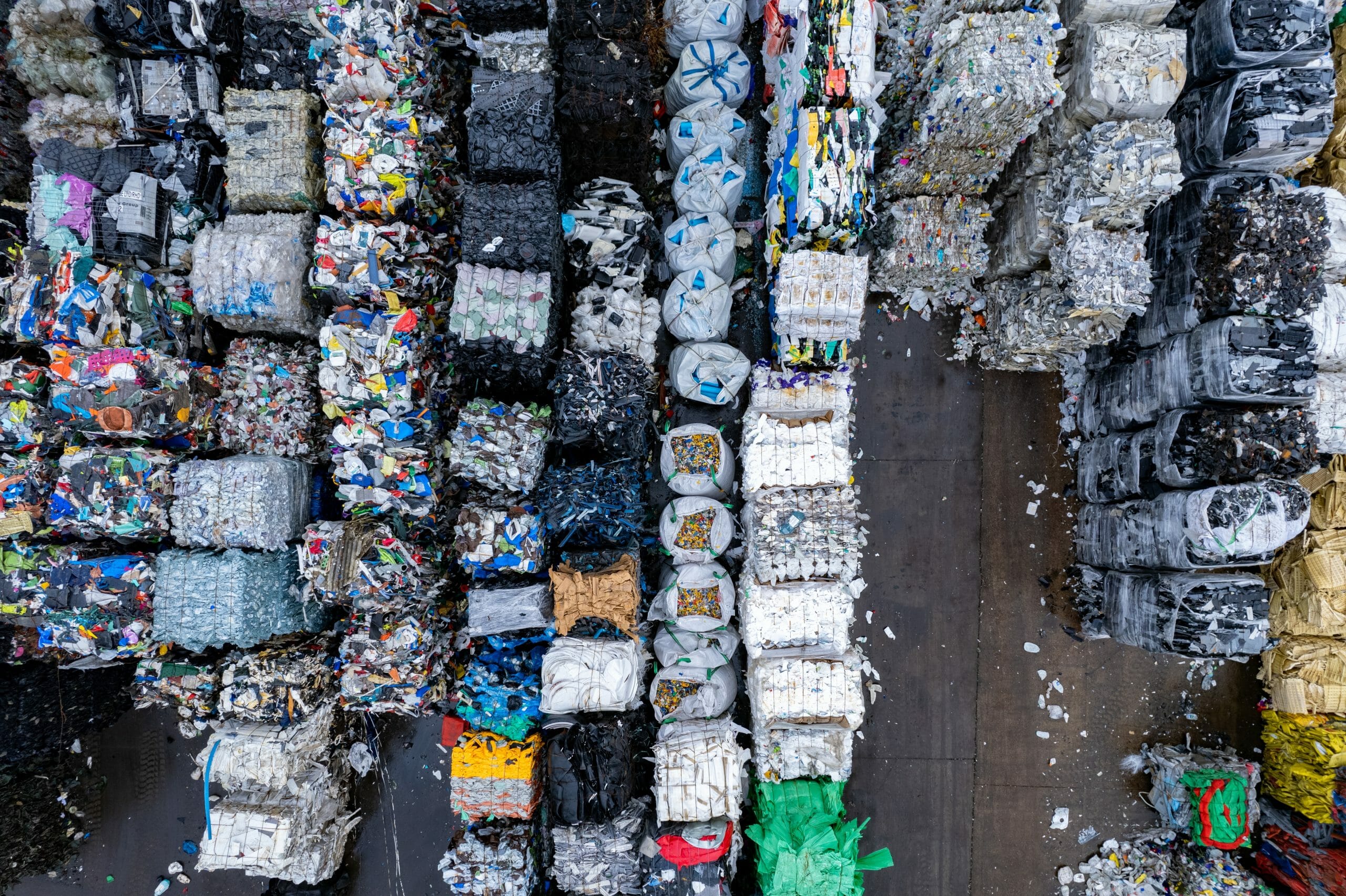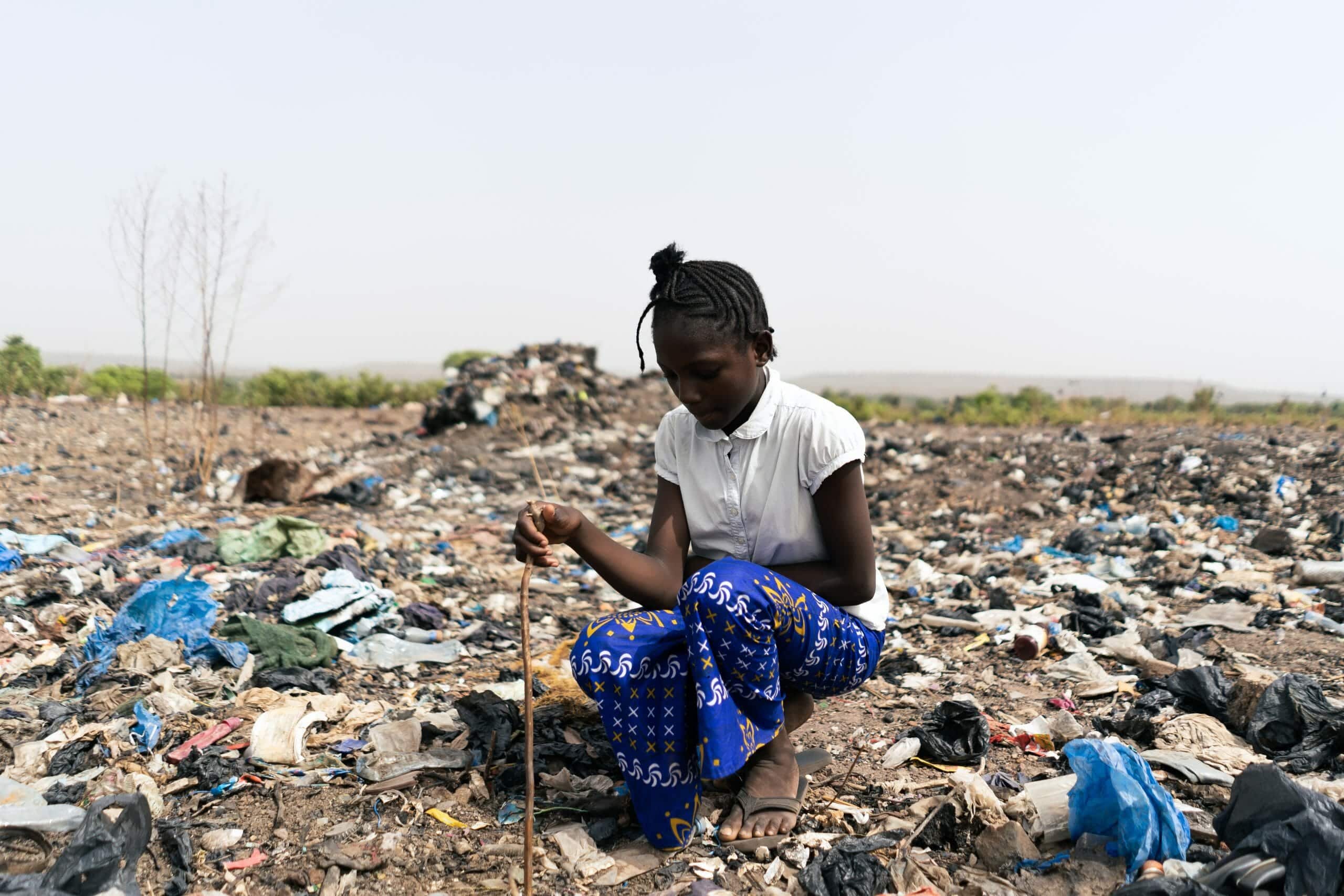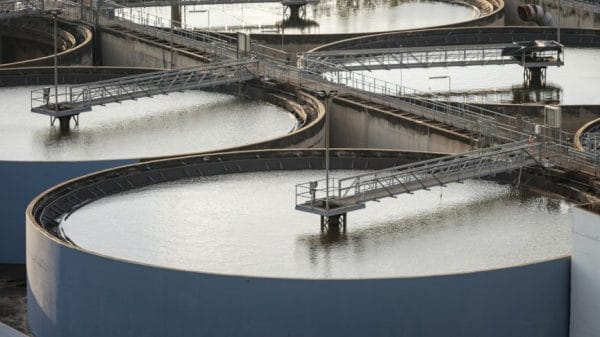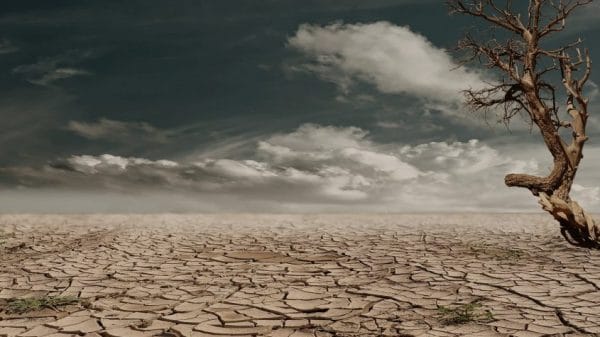In his essay ‘An Image of Africa’, Nigerian author Chinua Achebe writes, “Africa is to Europe as the picture is to Dorian Gray – a carrier onto whom the master unloads his physical and moral deformities so that he may go forward, erect and immaculate.”
This “unloading” literally manifests in the trash trade industry, where the world’s wealthiest countries have been shipping their trash to the poorest for decades. Labelled ‘eco-imperialism’, this practice essentially “undermines the foundation of these countries’ independence”, according to Greenpeace. Like the colonial tax 14 countries still pay France or Spain and Portugal for fishing in West African waters, this is another example of colonialism lasting into the 21st century. Rich countries condemn poorer ones for the environmental practices they used to make money, exacerbating the wealth gap and perpetuating these exploitative relationships.
Environmental Concerns
Although some LEDCs benefit from this so-called “green” industry, the main concern is rogue organizations that ignore environmental regulation. They discard the waste in damaging ways that affect local communities, and MEDCs do too little to regulate this activity.
A 2019 study by The Guardian found the following:
- In 2018, “the equivalent of 68,000 shipping containers of American plastic recycling were exported from the US to developing countries that mismanage more than 70% of their own plastic waste.”
- “The newest hotspots for handling US plastic recycling are some of the world’s poorest countries, including Bangladesh, Laos, Ethiopia and Senegal, offering cheap labor and limited environmental regulation.”
An additional study by the University of Georgia found that Malaysia, which became the biggest importer of American plastic recycling after China terminated their agreement with the US in 2020, mismanaged 55% of its plastic. Other destinations such as Indonesia and Vietnamese were worse, mismanaging 81% and 86% respectively.
Companies often use incineration to cheaply eliminate imported plastics releasing harmful noxious gasses and polluting the air. The accumulation of plastics into landfills also causes health issues, as outlined by the National Library of Medicine: “Previous research shows that people living closer to landfills suffer from medical conditions such as asthma, cuts, diarrhea, stomach pain, reoccurring flu, cholera, malaria, cough, skin irritation, cholera, diarrhea and tuberculosis more than the people living far away from landfill sites.”
Moreover, a report by the UN Environment Programme (UNEP) highlights how the consequences of plastic pollution disproportionately affect marginalized groups. This exists “at all stages of the production cycle, from extracting raw materials and manufacturing, through to consumption and disposal”. In particular, women suffer the effects of plastic toxicity more because of increased exposure in domestic roles. The lack of attention to health standards causes a higher risk of cancer and miscarriages, “exacerbating gender-related disparities”.
Passed Policy
The primary policy on this issue is the 1992 UNEP ‘Basel Convention on the Control of Transboundary Movements of Hazardous Wastes and Their Disposal’, hopefully, more efficient than its title. It is intended to prevent the export of hazardous waste from developing countries, specifically highlighting their responsibility for regulating irresponsible dumping. The United Nations Framework Convention on Climate Change (UNFCCC) reinforces this, emphasizing the need for developed countries to take a larger share of the responsibility in combating environmental destruction.
However, an issue with the Basel Convention was that there was no differentiation between recyclable and contaminated mixed plastics. This meant countries were able to continue exporting non-recyclable and halogenated waste. Thus the UNEP passed an amendment in 2021 ensuring the free trade of only readily recyclable, homogeneous polymers. Regardless, the US is yet to ratify the convention, despite being one of the biggest plastic exporters.
So, unless we want the detritus of Western consumerism to find its way to every corner of our planet, we need to hold our governments accountable. Developing countries are not your landfill.















